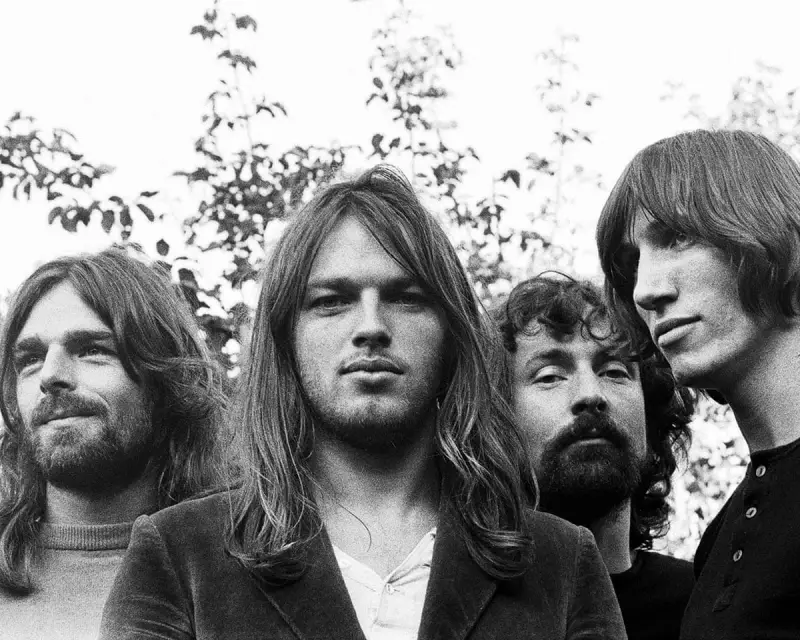
Fifty years after Pink Floyd released their seminal album 'Wish You Were Here', Poet Laureate Simon Armitage has composed a heartfelt tribute that captures the enduring spirit of this musical masterpiece. The new poem serves as both homage and contemporary reflection on an album that continues to resonate across generations.
A Meeting of Artistic Minds
Armitage's composition draws direct inspiration from the album's title track, weaving themes of absence, memory, and connection that mirror the original work's emotional landscape. The poem emerges as part of a broader cultural celebration marking five decades since the album's original release in September 1975.
'The music of Pink Floyd has always had a poetic quality,' Armitage noted, 'and "Wish You Were Here" in particular deals with universal themes of presence and absence that speak as powerfully today as they did fifty years ago.'
Legacy of an Iconic Album
Originally created during a turbulent period for the band, 'Wish You Were Here' has grown to become one of Pink Floyd's most beloved works. The album famously paid tribute to former bandmate Syd Barrett while exploring themes of alienation in the music industry that remain strikingly relevant.
The anniversary celebrations extend beyond Armitage's poetic tribute, with special edition releases and commemorative events planned throughout the year. Fans can look forward to rediscovering the album through fresh perspectives while honouring its original impact.
Cultural Impact Across Generations
What makes this tribute particularly significant is how it bridges artistic disciplines, demonstrating how music and poetry can converse across mediums and eras. Armitage's work doesn't merely celebrate the past but recontextualises the album's themes for contemporary audiences.
'Great art never stands still,' Armitage observed, 'and what's remarkable about "Wish You Were Here" is how new generations continue to find meaning in its melodies and messages.'
The poem stands as testament to the enduring power of Pink Floyd's creation, proving that half a century later, we're still listening, still feeling, and still wishing we were there.





